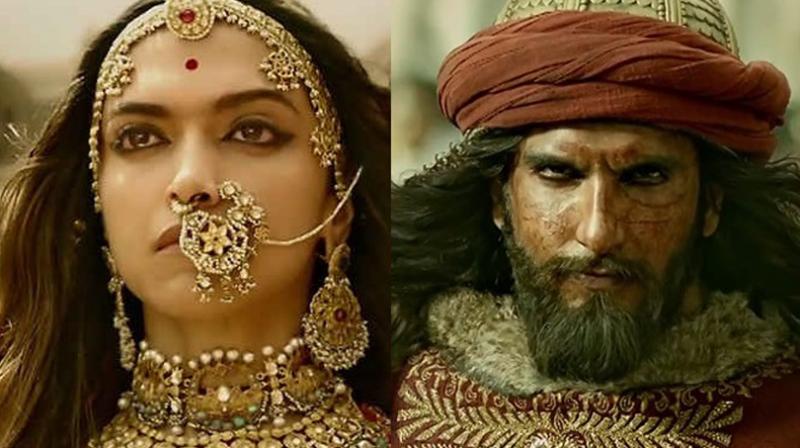Padmaavat row: CJI debates states' ability to maintain law and order
The CJI said it was implicit in their arguments that authorities were incapable of ensuring law and order.

New Delhi: Rajasthan and Madhya Pradesh government suffered a setback on Tuesday with the Supreme Court refusing to modify its order staying the ban on release of Hindi film Padmaavat on January 25.
The CJI said it was implicit in their arguments that authorities were incapable of ensuring law and order.
The CJI observed, “Our order is to be complied by one and all. A 100 or 200 people cannot take to the streets and demand the ban of a movie. It is unthinkable. These people better abide by it.”
On his part Justice Chandrachud observed, “there is no way the court would back down. Otherwise, these people will make a virtue of creating trouble. They will first create trouble and then make a virtue of creating trouble. Additional Solicitor General Tushar Mehta said the States did not want to adopt an “ostrich-like approach” to the violence. “Trouble already exists.”
The states had invoked Section 6 of the Cinematograph Act of 1952 to argue that the law provided the State to finally decide whether exhibition of a movie may trigger public unrest.
Justice Chandrachud referred to a ‘paragraph’ in the application seeking modification of the order, which said “violence continues before and after the January 18 order of the Supreme Court to allow the screening of the movie. The violence is despite the States’ duty and obligation to ensure public order. What is the meaning of this paragraph? How can we entertain this?”
When Mr. Mehta said, “this Paragraph does not exist. Please forget it,” Justice Chandrachud quipped, “If this paragraph does not exist, your application does not exist.”

